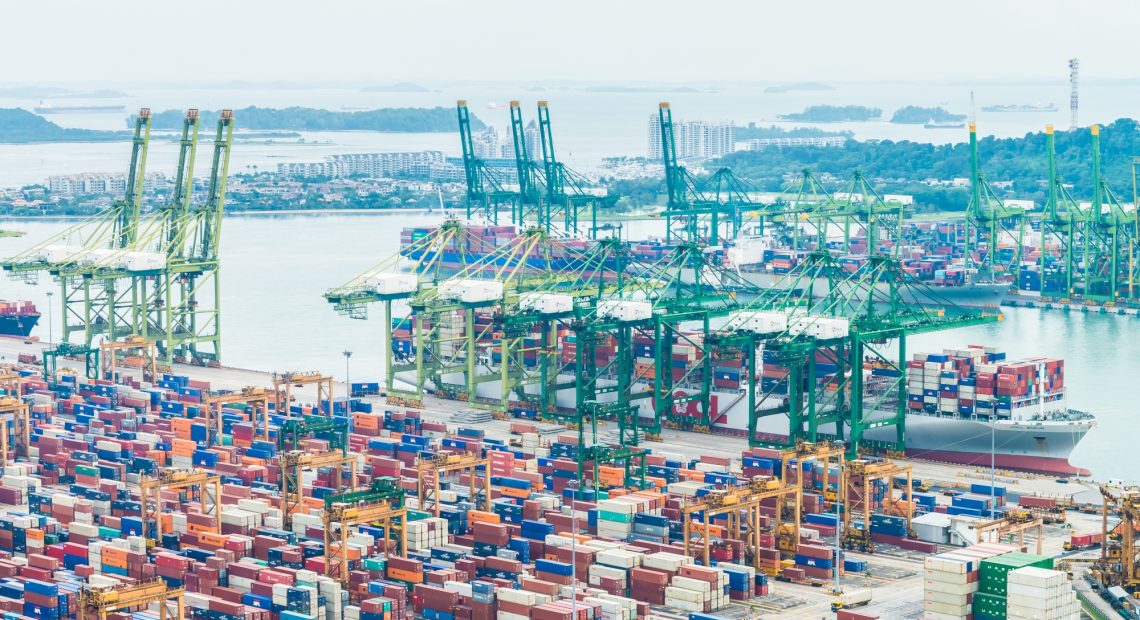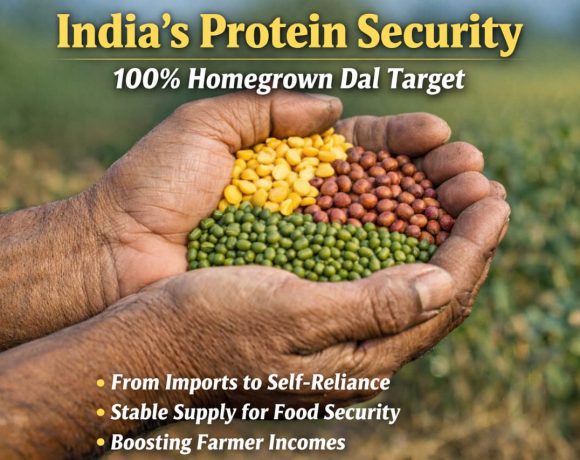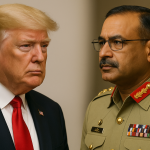
India’s Agri Export Policy Set for Overhaul to Target Emerging Markets
India is poised to revamp its agricultural export policy to expand its presence in emerging markets and enhance its global competitiveness. According to a recent report, the revised framework will focus on addressing supply chain inefficiencies, improving export infrastructure, and diversifying agricultural products to cater to evolving global demands.
Focus on Emerging Markets
The revamped policy aims to tap into untapped and emerging markets, with a focus on countries in Africa, Latin America, and Southeast Asia. These regions present significant opportunities for Indian agricultural products, including cereals, fruits, vegetables, and spices.
“Emerging markets hold immense potential for India’s agricultural exports. The revamped policy will prioritize market-specific strategies to leverage these opportunities,” the report highlighted.
Enhancing Competitiveness and Quality
To strengthen India’s position as a global agri-export leader, the government plans to focus on:
- Export Quality Assurance: Improving quality standards to meet international benchmarks and address concerns related to pesticide residue and certification processes.
- Modern Supply Chains: Investing in cold storage, logistics, and warehousing to reduce post-harvest losses and ensure timely delivery of goods.
- Product Diversification: Encouraging farmers and exporters to explore niche markets and high-value products such as organic produce and processed foods.
Policy Review and Stakeholder Consultations
The policy revamp will be carried out through extensive consultations with stakeholders, including exporters, farmers, and industry experts. The revised framework is expected to integrate state-level policies to align national and regional priorities.
India’s Agri Export Growth
India’s agricultural exports have seen steady growth in recent years, driven by rising global demand for commodities like rice, sugar, and spices. However, the country faces stiff competition from exporters like Brazil and Thailand. The revised policy is expected to address these challenges by fostering innovation and enhancing the export ecosystem.
With a focus on emerging markets and quality enhancement, the revamped policy aims to solidify India’s position as a reliable global supplier of agricultural products. The move aligns with the government’s vision of doubling farmers’ income and achieving self-reliance in agriculture.


















